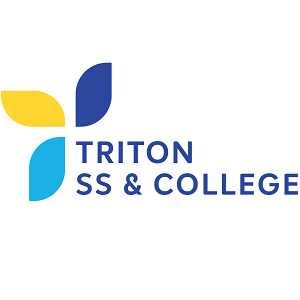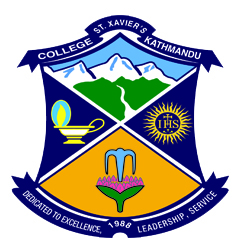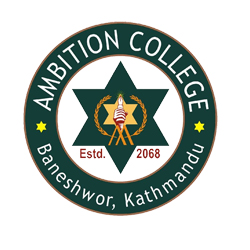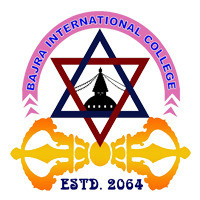Overview
Bachelor of Arts in Social Work (BSW) at Pasang Lhamu Sherpa Memorial College, Kathmandu
The Bachelor of Arts in Social Work (BSW) at PLSMC follows Tribhuvan University’s 4-year structure under the Faculty of Humanities and Social Sciences.
The program prepares students for generalist social work practice through classroom study, supervised fieldwork, research writing, and community engagement. The current curriculum is defined by TU and includes field-based requirements.
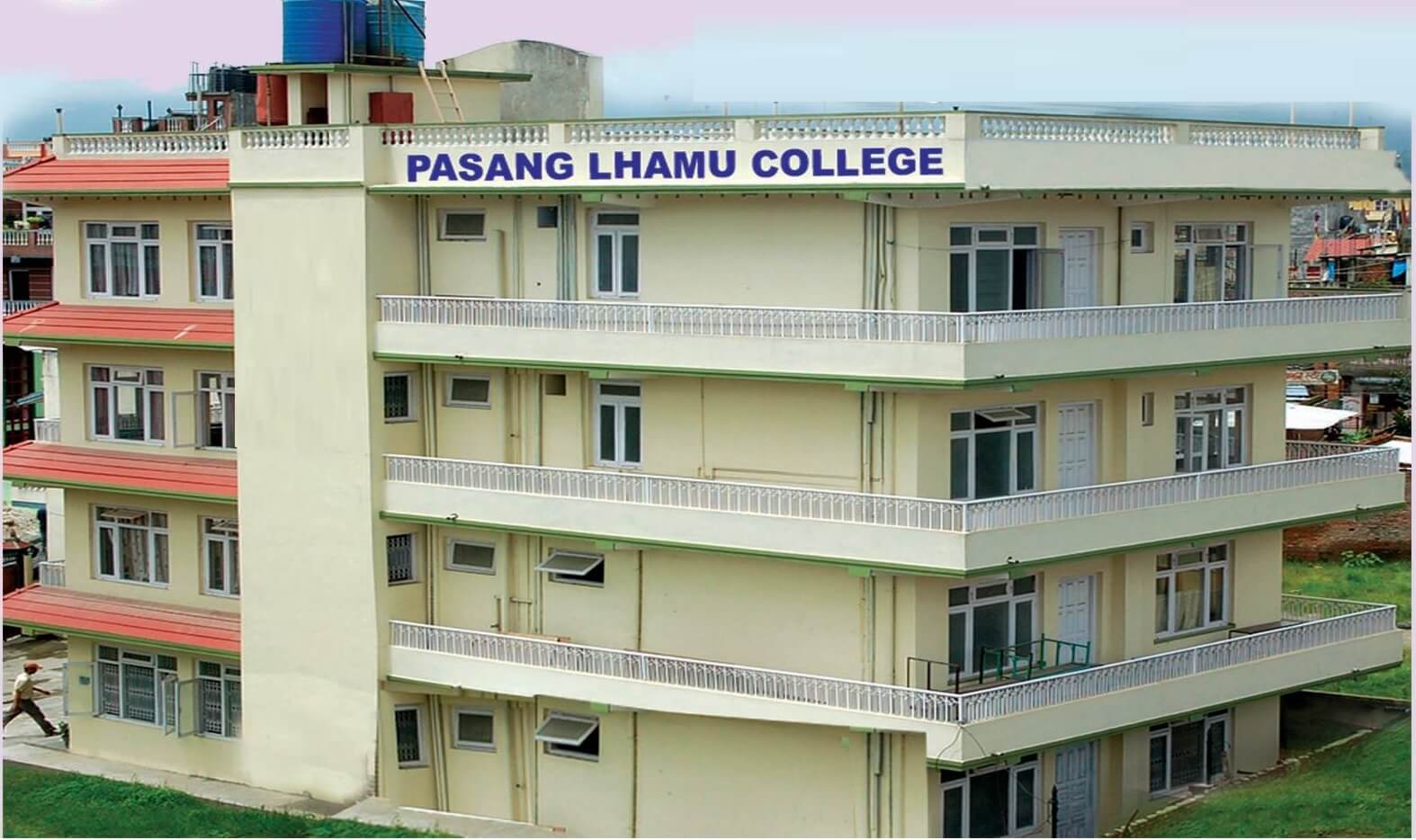
Overview
BSW is a four-year undergraduate degree at TU. The official BSW document issued by TU details courses across theory, field practice, research, and academic writing, reflecting national needs in community development, welfare services, and rights-based work. PLSMC offers the program under TU rules and conducts field supervision in line with syllabus guidance.
Highlights
-
University: Tribhuvan University, FOHSS
-
Duration and pattern: Four years (BSW structure)
-
Core requirement: Classroom learning, supervised fieldwork, research/report writing
-
Campus setting: PLSMC library, ICT access, and community outreach culture helpful for field tasks
-
Medium: English and Nepali (as per course and practice settings)
Curriculum Details
The official TU BSW document confirms a four-year plan aimed at generalist social work. Course clusters typically include introductory social work, human behavior, social case and group work, community organization, social policy and administration, research methods, fieldwork, and report/academic writing. Field tasks and supervision run alongside theory to connect learning with practice.
Objectives
-
Prepare students for generalist practice in Nepali contexts through ethics, methods, and supervised exposure.
-
Build documentation, assessment, and case recording habits acceptable to agencies.
-
Encourage reflective practice and culturally sensitive engagement with individuals, groups, and communities.
Scope
Graduates engage with local NGOs, municipalities, hospitals, schools, and development projects. Roles include community mobilization, program assistance, outreach, documentation, and research support. The degree supports later study in MSW and allied master’s programs under recognized universities.
Learning Outcomes
-
Ability to plan and document basic interventions at individual, group, and community levels.
-
Understanding of Nepali social structures, welfare systems, and policy links.
-
Skill in research basics: proposal framing, data collection, analysis, and reporting per TU guidance.
Skill Development Modules
-
Case recording, group session planning, and community meeting facilitation.
-
Field diary maintenance, agency reporting, and ethical consent procedures.
-
Basic data handling for needs assessments and small studies.
-
Presentation skills for field seminars and viva.
Teaching Methodology
Faculty combine lectures with role-plays, simulation, and reflective journaling. Fieldwork runs under supervised guidance in agencies approved for placements. Internal assessments track progress on theory and practice in line with TU rules.
Admission Requirements
-
Qualification: 10+2 or equivalent from a board recognized by TU.
-
Process: Application, document verification, and seat confirmation under college notice.
-
Field readiness: Students should be prepared for community visits and agency timings that may extend beyond routine class hours. (Fieldwork is a TU-mandated part of BSW.)
Career Opportunities
-
Community and development sector: outreach, mobilization, and program assistance.
-
Child protection and education support services: school-linked projects and counseling assistance within role limits.
-
Health and public welfare: hospital social service units, public health campaigns, and documentation teams.
-
Research and evaluation assistance for local institutions and projects.
Scholarships and Financial Aid
PLSMC announces scholarship schemes yearly. Students should monitor official circulars for eligibility criteria, required documents, and application windows. (Field costs may arise; plan early and consult course leads on any agency-related expenses.)
Why Choose This Course?
You want a TU-recognized social work degree that marries classroom learning with structured field practice. You value clear expectations on documentation, ethics, and supervision. You plan to serve in community programs where basic research, reporting, and people skills matter. The BSW framework provides that base under TU guidance.
Conclusion
The BSW at PLSMC runs on TU’s four-year plan with fieldwork, research, and agency engagement at its core. The program supports Nepali students who want credible practice exposure and a foundation for service in social sectors. Your next step is to review the latest TU syllabus file and the college notice for field placement protocols and timelines.



